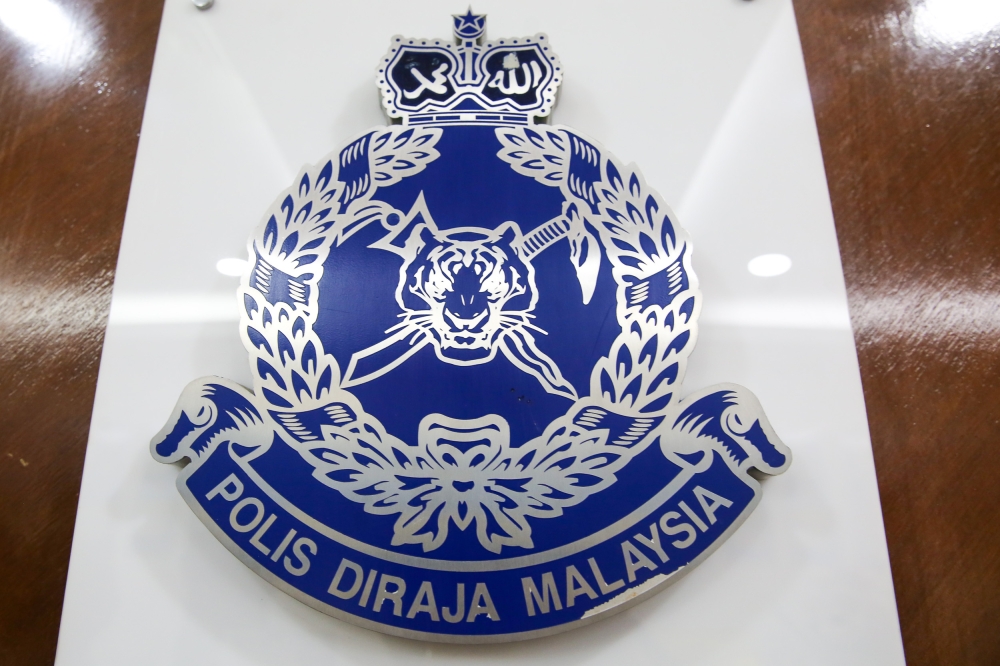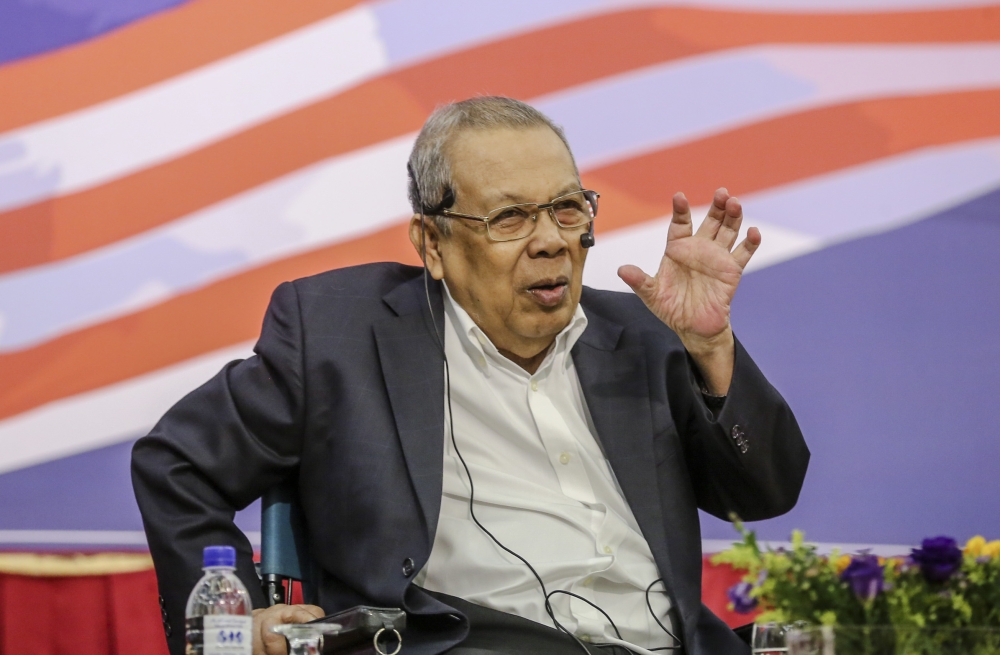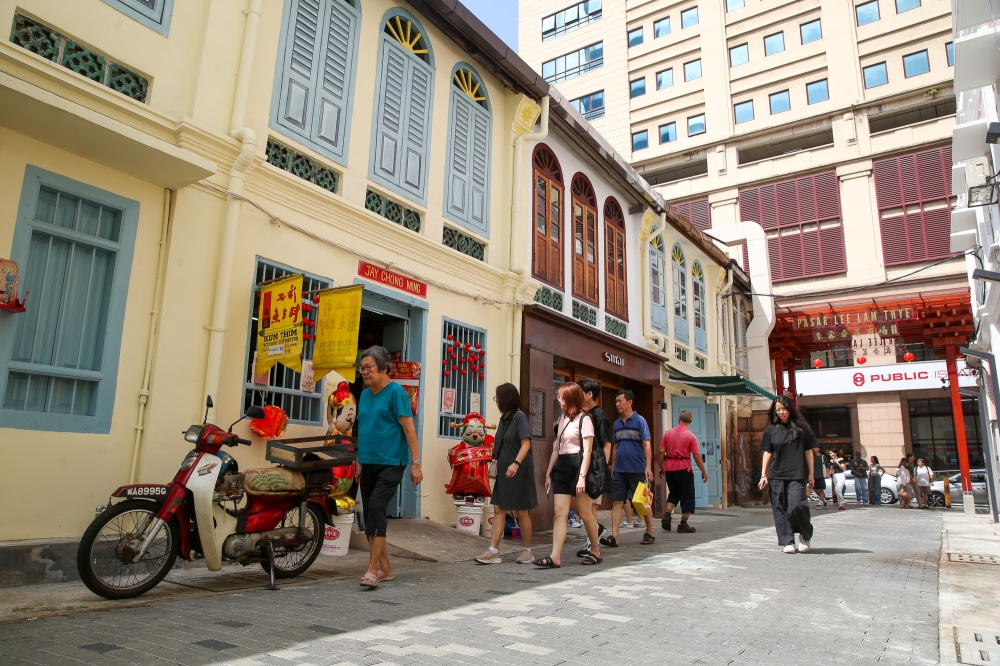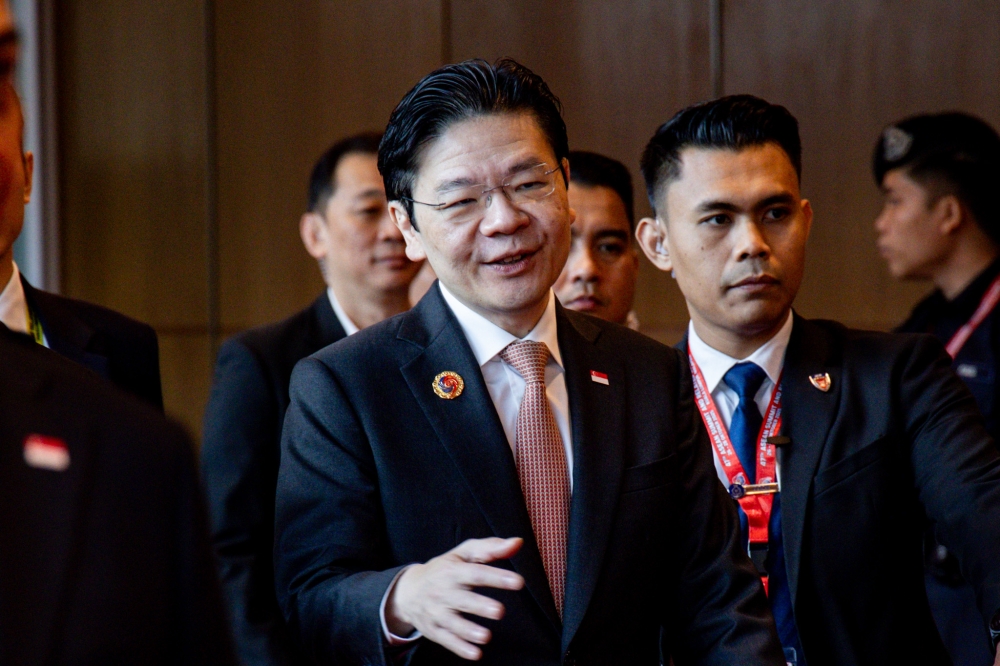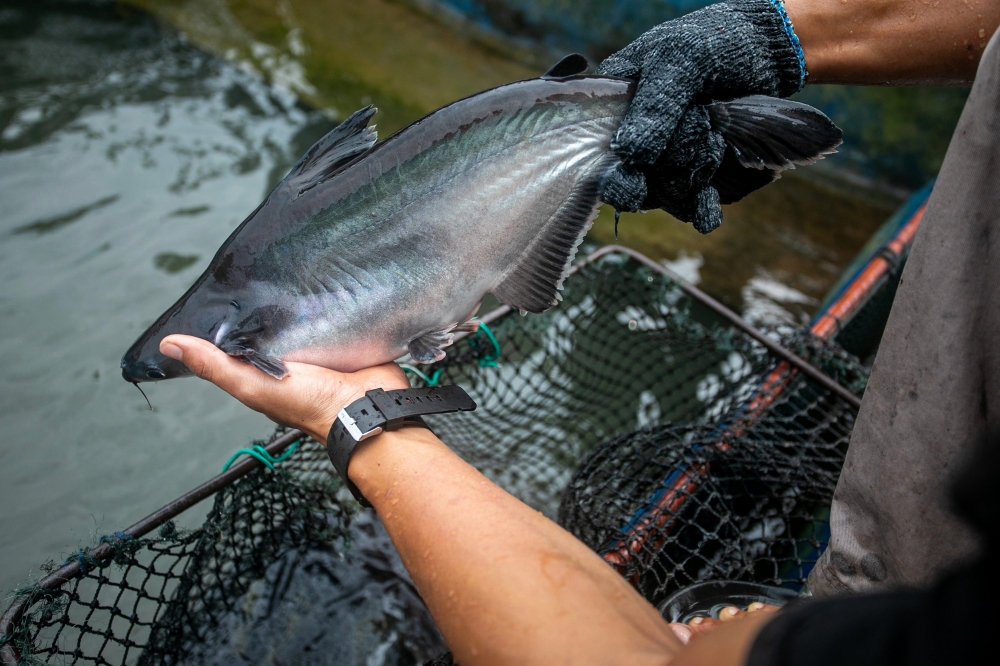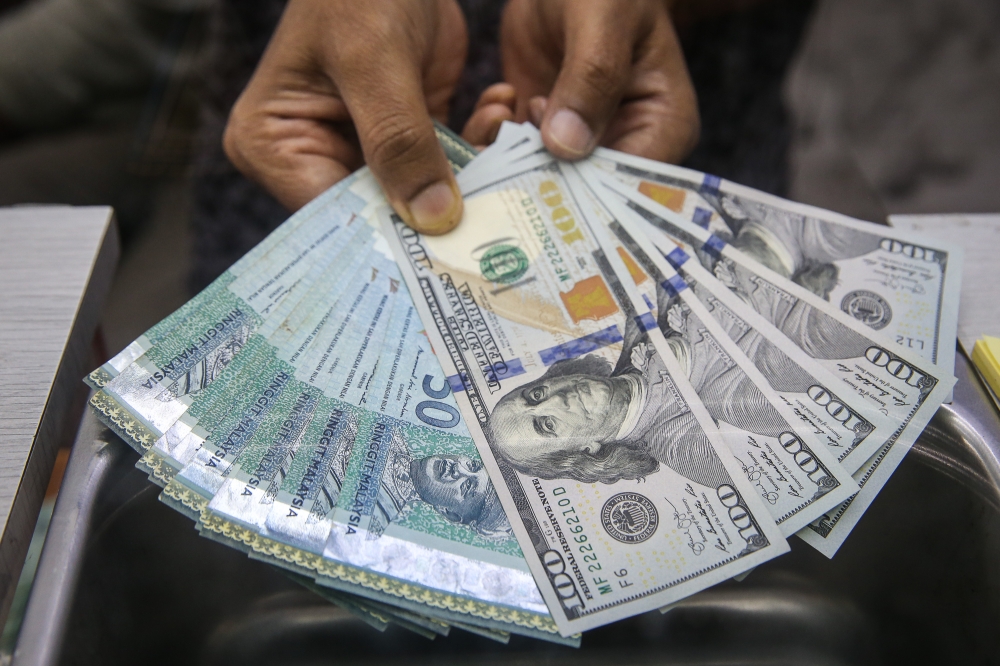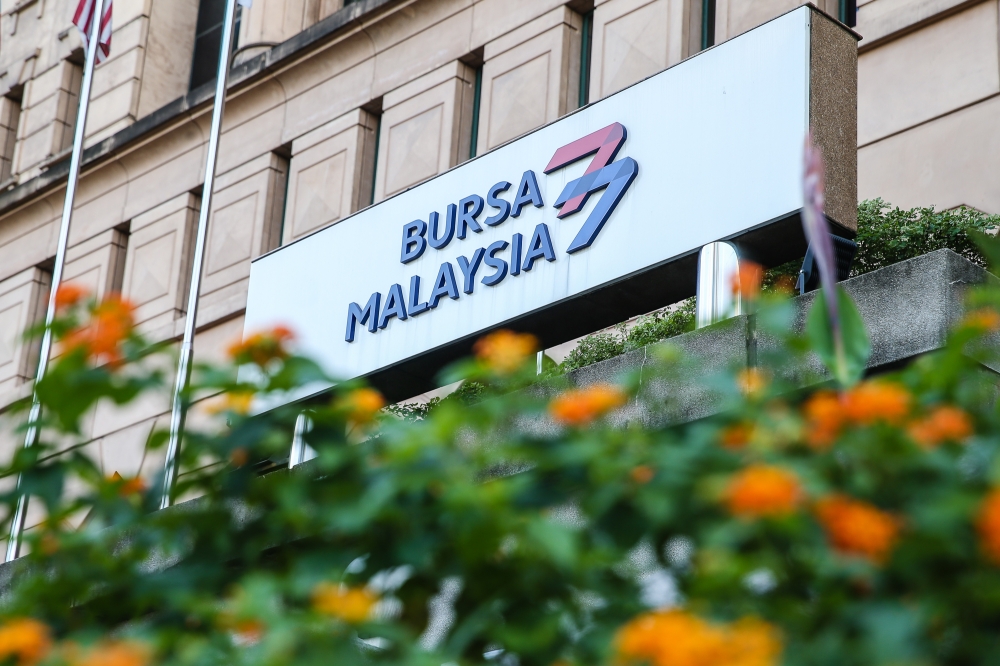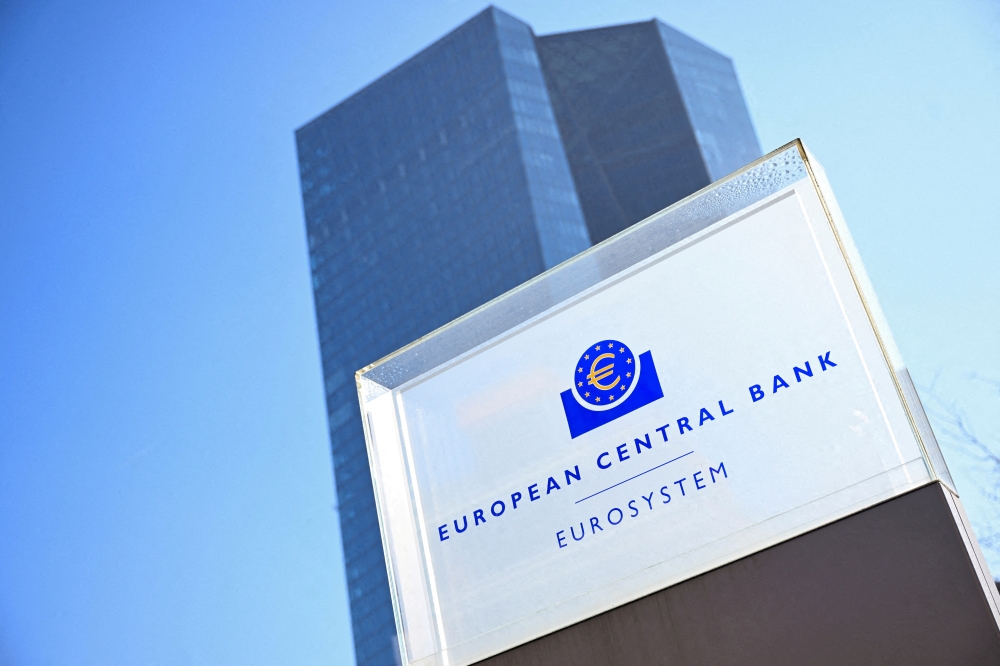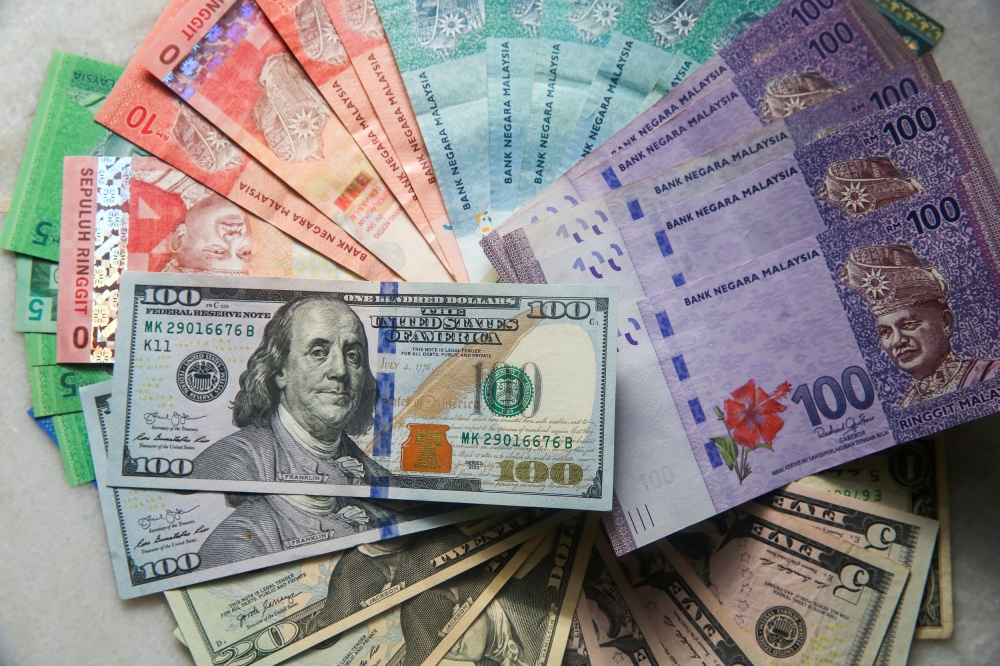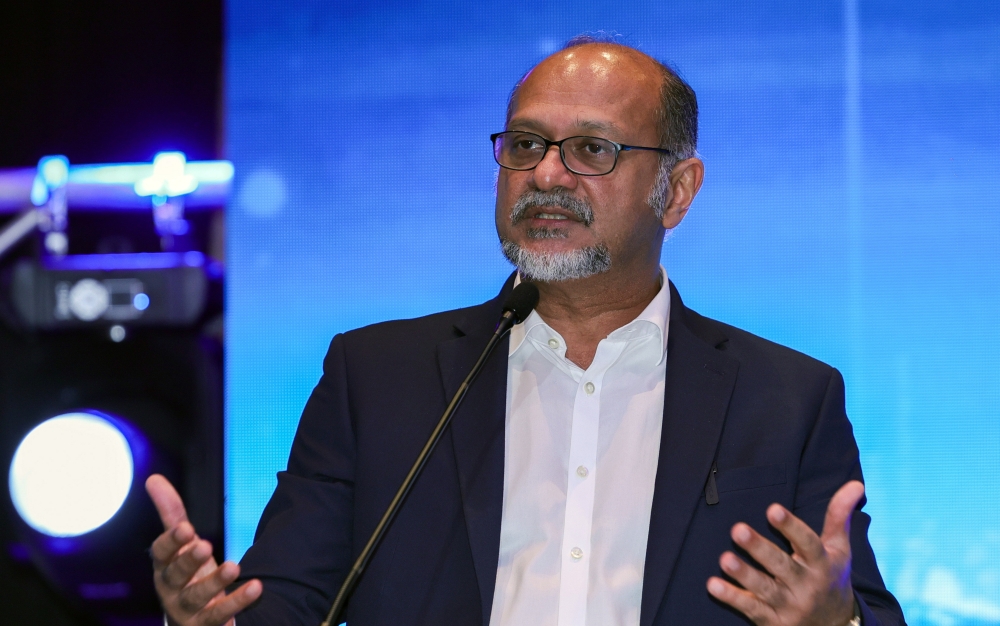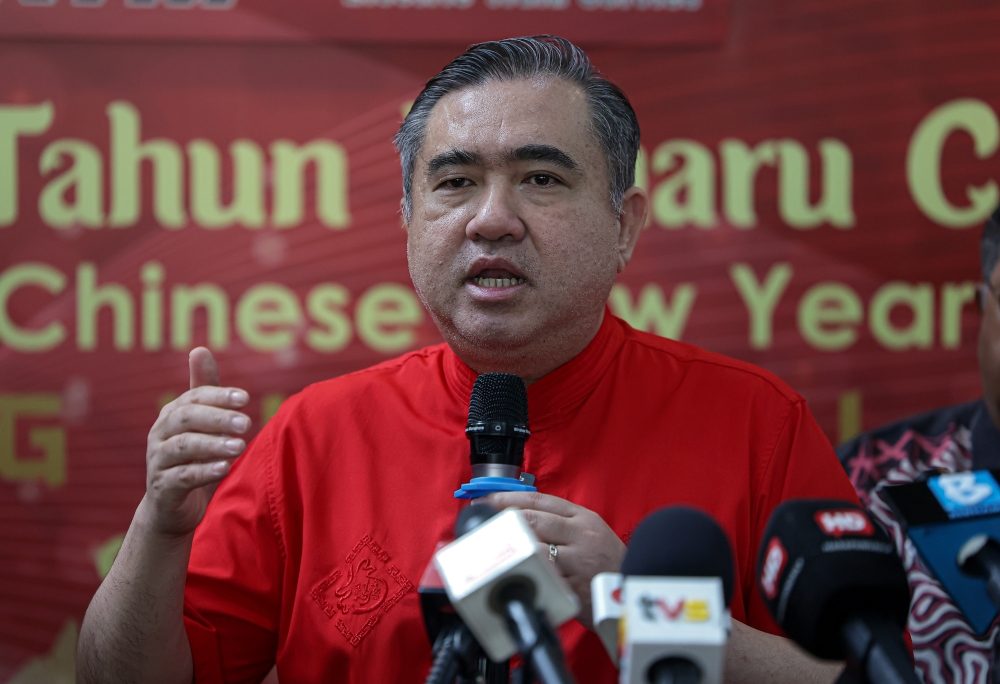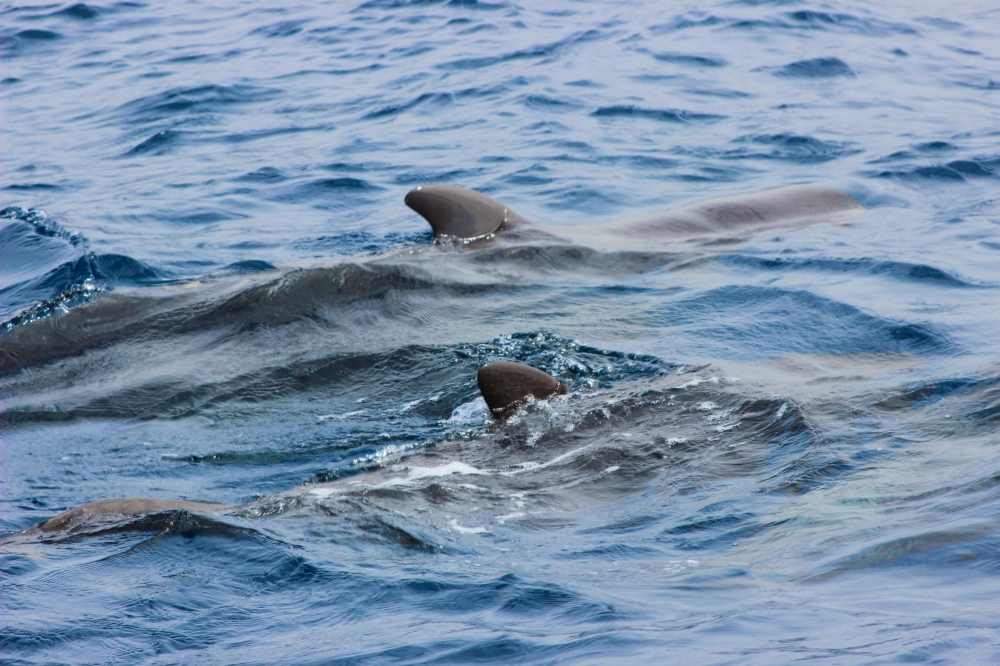KUALA LUMPUR, Aug 26 — Hap Seng Plantations Holdings Bhd posted a net profit of RM34.28 million in the second quarter (Q2) ended June 30, 2020, against a net loss of RM4.29 million in the previous corresponding period.
For the quarter under review the group’s revenue increased to RM83.57 million from RM79.98 million previously, benefiting from higher average selling price realisation of crude palm oil (CPO) and palm kernel (PK) but dampened somewhat by lower sales volume of CPO.
In a filing with Bursa Malaysia today, the group said Malaysian palm oil inventories at the end of July 2020 were lower by 10.5 per cent from 1.898 million tonnes at end-June 2020 to 1.698 million tonnes, the lowest since June 2017, in tandem with lower production and higher exports.
CPO production in Malaysia decreased 4.1 per cent to 1.807 million tonnes in July 2020 from 1.885 million tonnes in the previous month, while Malaysian palm oil exports rose 4.2 per cent to 1.782 million tonnes as compared with 1.71 million tonnes in the preceding month.
“The suspension of export tax for CPO in Malaysia from June 1, 2020 until the end of the year has improved the competitiveness of Malaysia’s palm oil against that of Indonesia, which has raised its export levy on CPO shipments with effect from June 1, 2020 by US$5 per tonne (RM21) to US$55 per tonne,” it said.
Since the second half of July 2020, daily CPO prices had been trending upward from RM2,607 per tonne to a high of RM2,858 per tonne in the first half of August 2020.
Restocking activities by India and China had largely contributed to the higher Malaysian palm oil exports and supported the higher palm oil prices.
However, industry analysts expect prices to moderate in the subsequent months as demand normalises and fresh fruit bunch (FFB) production enters its peak production cycle.
Notwithstanding the uncertainties in the global economic environment affecting palm oil demand and prices amid the Covid-19 pandemic, the group expects its results for the financial year ending December 31, 2020 to be better than the previous financial year. — Bernama


